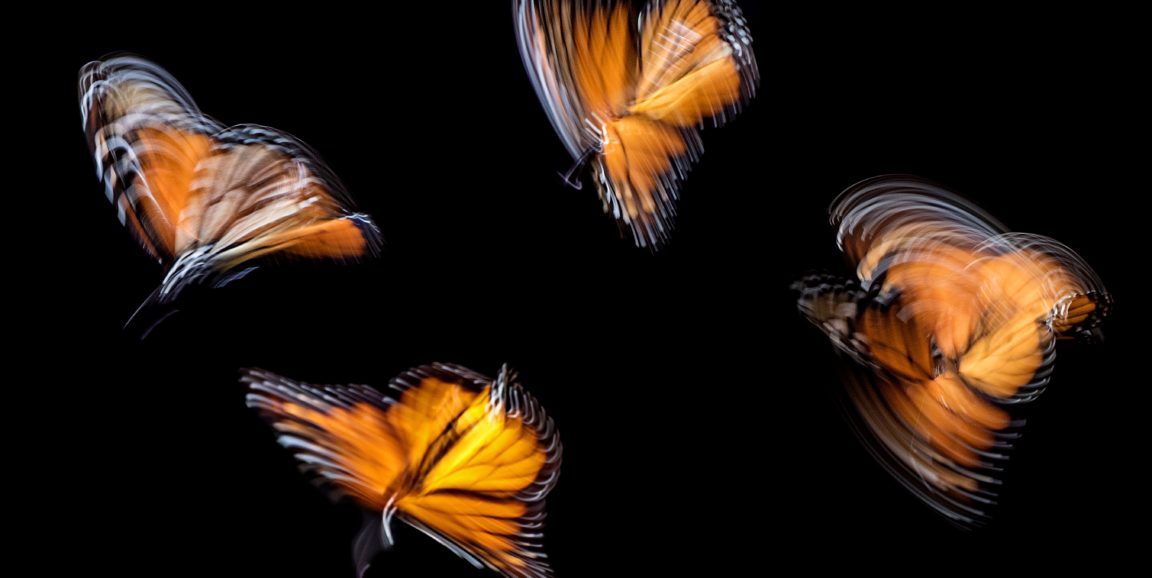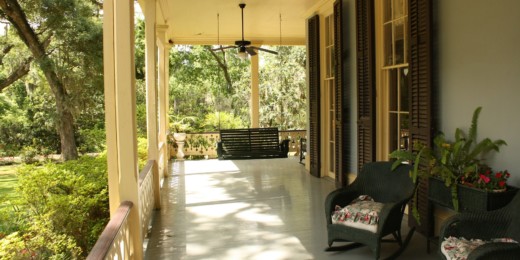He called it The Death Tour 2001, and I was another in a string of guests who had stopped their normal lives to travel to the Midwest to spend some time with him before he died.
He knew it was coming. Half a year prior to his exit, after he started to fall down exhausted in the normal course of each day, he called my sister and me to tell us he had cancer. We instantly set weekly appointments to speak on the phone and catch up on the details of our lives as if suddenly they were very important.
My father and I had been relative strangers for many years: When I was 12, he'd moved halfway across the United States with his new wife, a toddler, and another baby on the way. Now, at 28, I was spiraling outward into a life of my own. On our last call he told me I had better hurry if I ever wanted to see him again. I hopped on a red-eye flight to Minnesota with my daughter, who he'd only seen twice in her decade's worth of life.
When we met, his sickness was obvious. With a baseball-sized tumor sticking out of his throat, I forgot the anger I had buried inside and felt a rushing flood of good memories from when we were tight-knit and in love.
We didn't talk much during the first 24 hours of my two-day visit. Instead, I learned that death made the dying do unpredictable things like unapologetically wearing mismatched socks or throwing plates of food in the trash can when you're not looking so they can falsely lead you to believe they're still strong enough to stomach sustenance.
I reverted to age 10 and lay on my father's lap while we watched NASCAR racing for eight hours straight. I knew he was going to be gone soon when he told me at multiple points in the day that my dead grandfather was sitting on the couch alongside us, waiting to take him to the other side.
Before flying home, my daughter and I found a dead and broken butterfly on my father's sidewalk -- small and fragile as a piece of crepe paper in bright hues of orange and brown. We tucked it into a plastic eyeglass case and brought it back to California with us. I will never forget the look in my father's eyes as I was leaving: huge pools of perfectly matched stark-naked fear.
Loved ones of the dying also tend to act differently near death, but the common denominator seems to be that we act out in all sorts of erratic ways. It's semi-impossible to go through your days when an energetic cord of love that huge is about to be yanked from your existence and you know that any second now you are going to lose someone forever and that it's going to ache. For me, when we returned, I drank too much after work for seven days straight.
On day eight, I informed my very patient boyfriend that I was done with my chaos spree. We held a meditation for my father and then my daughter and I performed a ritual of our own.
We found the butterfly that we had retrieved and placed it in the middle of the living room floor. We then turned off the lights, put on some music, and danced.
As I tucked my daughter into bed, she told me that butterflies signified transformation and that our dance represented our assistance in helping my dad pass over gracefully. I went to bed with soft tears streaming down my face. The next morning, I learned that my father had passed in the night.
This piece, originally in longer form, is part of an ongoing collaboration with Months to Years, a nonprofit quarterly publication that showcases nonfiction, poetry and art exploring mortality and terminal illness.
Kimberly Nichols is a writer and artist living in Los Angeles. She recently completed a novel called Neptune Journey and is working on a book about desire.
Photo by Ian Parker






